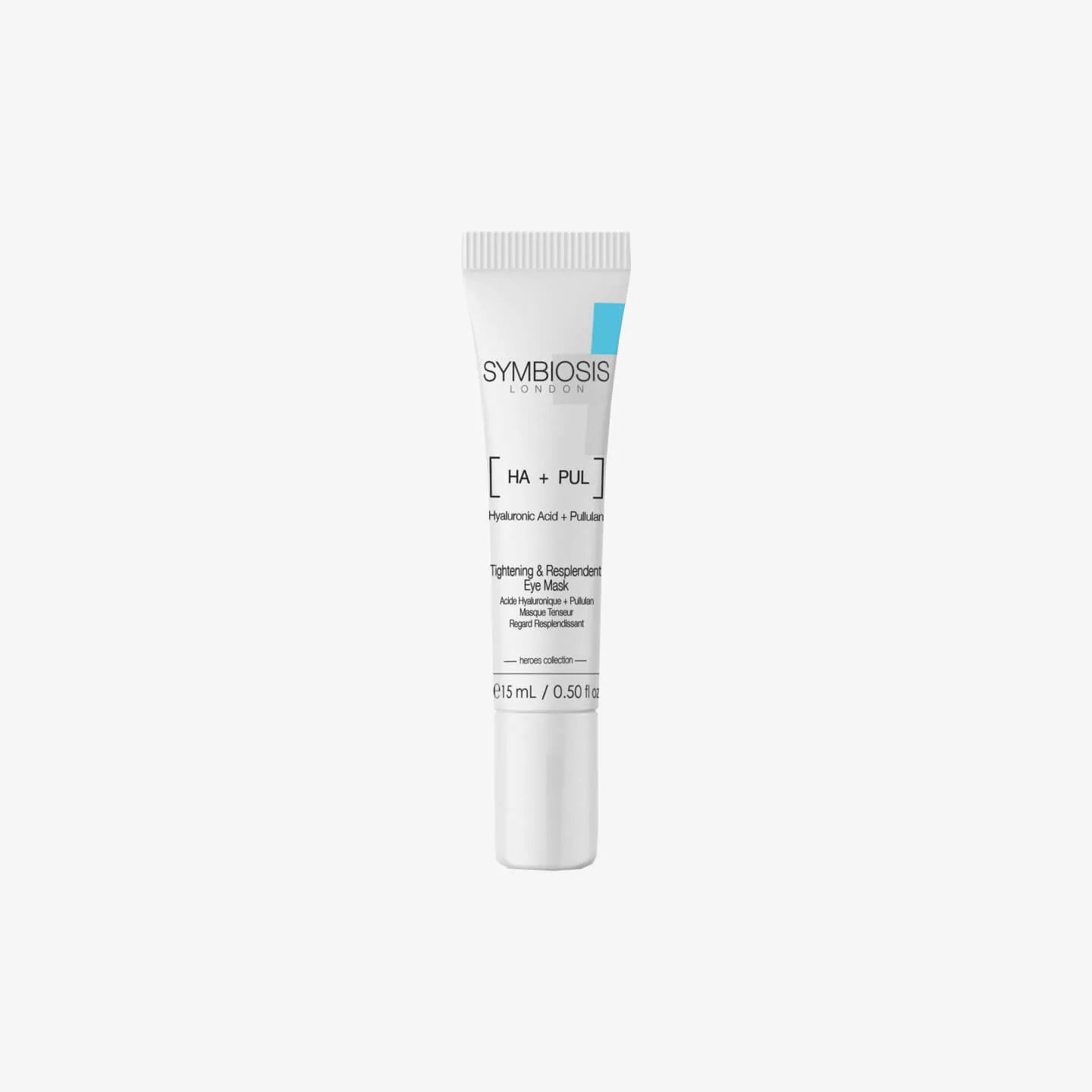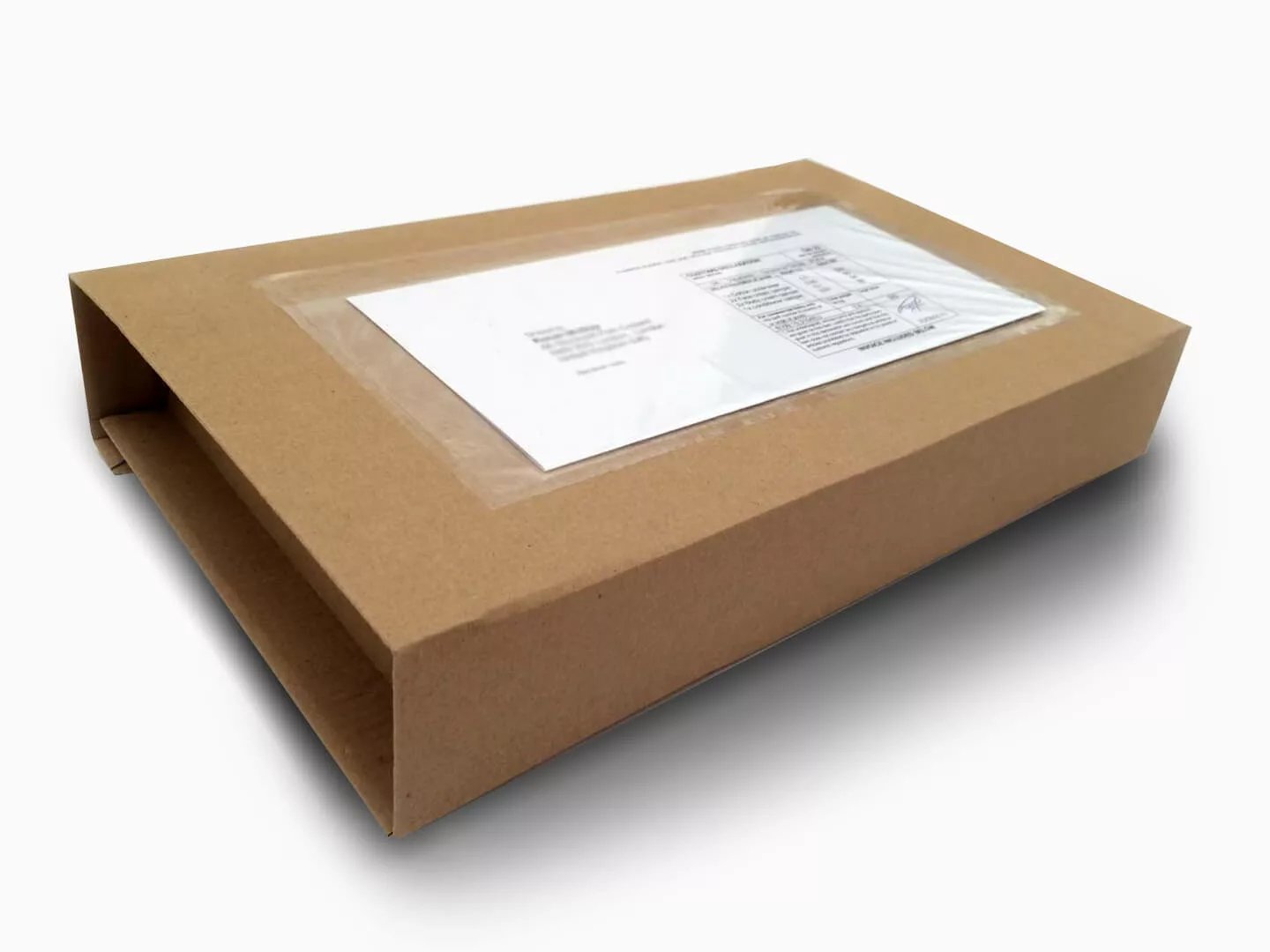Essentials for gay men: Time to get serious about dietary fibre

Dietary fibre — found mainly in fruits, vegetables, whole grains and legumes — is probably best known for its ability to prevent or relieve constipation. But foods containing fibre can provide other health benefits as well, such as helping to maintain a healthy weight and lowering your risk of diabetes, heart disease and some types of cancer.
Dietary fibre, also known as roughage or bulk, includes the parts of plant foods your body can’t digest or absorb. Unlike other food components, such as fats, proteins or carbohydrates — which your body breaks down and absorbs — fibre isn’t digested by your body. Instead, it passes relatively intact through your stomach, small intestine and colon and out of your body.
Benefits of a high-fibre diet
Fiber is highly recommended as part of a healthy diet by doctors everywhere but the average adult consumes less than half of the recommended dose each day. While there are natural ways to increase fiber intake, many foods can cause gas and bloating.
A high-fibre diet:
Normalises bowel movements. Dietary fibre increases the weight and size of your stool and softens it. A bulky stool is easier to pass, decreasing your chance of constipation. If you have loose, watery stools, fibre may help to solidify the stool because it absorbs water and adds bulk to stool.
Helps maintain bowel health. A high-fibre diet may lower your risk of developing hemorrhoids and small pouches in your colon (diverticular disease). Studies have also found that a high-fibre diet likely lowers the risk of colorectal cancer. Some fibre is fermented in the colon. Researchers are looking at how this may play a role in preventing diseases of the colon.
Helps you live longer. Studies suggest that increasing your dietary fibre intake — especially cereal fibre — is associated with a reduced risk of dying from cardiovascular disease and all cancers.
Your best fibre choices
If you aren’t getting enough fibre each day, you may need to boost your intake. Good choices include:
- Whole-grain products
- Fruits
- Vegetables
- Beans, peas and other legumes
- Nuts and seeds
Refined or processed foods — such as canned fruits and vegetables, pulp-free juices, white breads and pastas, and non-whole-grain cereals — are lower in fibre. The grain-refining process removes the outer coat (bran) from the grain, which lowers its fibre content. Enriched foods have some of the B vitamins and iron added back after processing, but not the fibre.
But there’s another way to #StayReady
No amount of last-minute prep for some man-on-man action will keep you 100% clean if you have a bad diet. There’s only one way to keep things prepared: fibre. And of course there’s an easy way to achieve that – the fab supplement Pure For Men.
Take 2 to 3 capsules of Pure for Men, twice daily with water. Once fully hydrated, the Chia, Flaxseed, Psyllium and Aloe inside of each capsule swell to form a soft-but-solid mass. The expanded fiber begins to pass safely through your digestive tract, binding to food particles and any waste left along the way.
The process is a lot like a soft sponge cleaning up behind your meals, providing an excellent medium to help maintain the flow of elimination and keep your runway “clear for landing” (as the company says).
Oh by the way, you can get to try it out if you get the Out’n’Proud pack this month – we’ll add one to these packs. Don’t have one? Well, hurry up and you might still fit into this month’s round!



